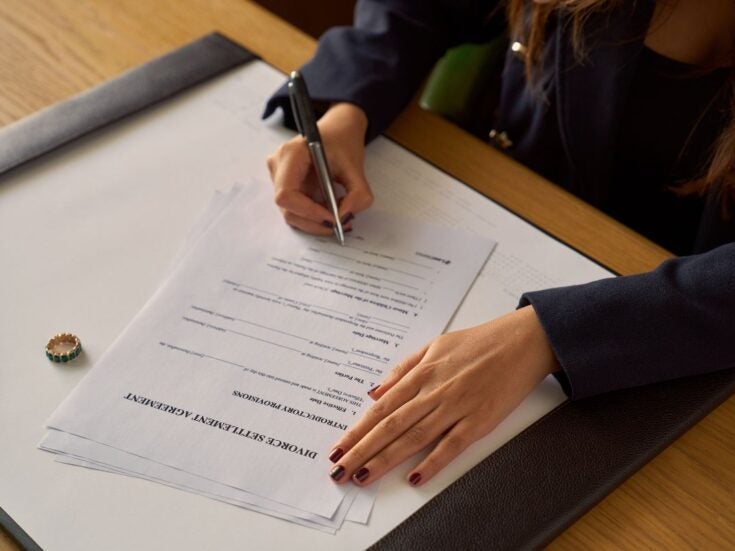Visitors simply present a printed copy of their EVW document on departure and again on arrival in the UK. The new scheme is simple, quick and completely free
January 2014 heralded a new way of welcoming visitors to the UK from the UAE, Qatar and Oman. Before this, tourists from those countries faced (as most other nationalities still do) the cumbersome process of a visitor visa application. It involves providing biometric details (fingerprints and facial image), physical attendance at a visa application centre and handing over one’s passport until the application is complete. Needless to say, although it may not be unique to the UK, this is not an attractive option and it is widely thought that the process deters many people from visiting the UK.
In contrast, the new electronic visa waiver (EVW) scheme form can be completed online up to 48 hours before travelling to the UK. Visitors simply present a printed copy of their EVW document on departure and again on arrival in the UK. The new scheme is simple, quick and completely free. However, each EVW document is only valid for a single entry to the UK. It should also be noted that those coming to work and study in the UK will not be able to use the EVW scheme.
Read more on the law from Spear’s
Globalisation and more integrated economies means that there is an ever-increasing need for the UK to compete with other business, fashion and cultural hotspots. In the face of criticism of the UK’s visa policy from the visitors we most want to attract, it is perhaps not altogether surprising that the government is championing easier methods of entry.
The Home Secretary, Theresa May, has said that “Britain is open for business and genuine visitors and tourists coming here to enjoy our world-class attractions, study or do business are always welcome.” David Cameron announced the new EVW scheme in November last year and it is undoubtedly good news that it has been implemented so quickly.
It is also not surprising that the UAE, Qatar and Oman are the first countries to which the new EVW programme applies. (It is also expected that similar arrangements will soon be extended to Kuwaiti nationals.) Visitors from this region have increased rapidly, doubling in the last decade, and the UK is the second most popular country to visit for UAE residents.
When they are here, according to VisitBritain, visitors from Gulf Cooperation Council states (including the UAE and Qatar) spend an average of $3,417 per person per visit, which is significantly higher than other tourists. Large numbers of GCC nationals own properties in London, either for their own occasional use or for investment purposes, and the region is the source of considerable investment funding into the UK.
As the UK’s government must have hoped, the change has been greeted warmly. The UAE’s Foreign Minister, H.H. Sheikh Abdullah bin Zayed Al Nahyan, announced that he hoped it would strengthen relations between the two countries. There seems also to be an element of reciprocity to these changes. In the UAE, UK nationals get a free visitor visa on arrival. In Oman and Qatar there is a small fee, but again there is no need to apply in advance.
The UK is looking at changes for visitors from other parts of the world as well. At the end of last year George Osborne announced a “super priority” service to provide visas to wealthy Chinese tourists and business visitors within 24 hours. This scheme is expected to be rolled out this summer and – taken together with the EVW scheme – seems to mark the beginning of a quicker and more efficient immigration system for those visiting the UK.
Eesha Arora is a senior associate at boutique private wealth law firm Maurice Turnor Gardner LLP (Eesha.Arora@mtgllp.com)
’







